2012 by James R. Currie
No part of this book may be reproduced or utilized in any form or by any means, electronic or mechanical, including photocopying and recording, or by any information storage and retrieval system, without permission in writing from the publisher. The Association of American University Presses' Resolution on Permissions constitutes the only exception to this prohibition.
Music and the politics of negation / James R. Currie.
pages. cm.(Musical meaning and interpretation)
Includes bibliographical references and index.
1. Musicology. 2. Postmodernism. 3. MusicPolitical aspects. I. Title. II. Series: Musical meaning and interpretation.
FOR THE WORLD OUTSIDE THIS BOOK.
PREFACE
A No-Music
Music says yesto its historical and cultural participation in the worldliness of social life and its meanings. The past twenty years and more of politically oriented musicological thinking in the academy has been adamant on this point. It has claimed to bring music back from banishment within formalist abstractions; it has striven to make it autonomous of aesthetic autonomy. Music can now benefit once more from the warmth and wisdom of belonging to the already existent human worlds that have both engendered it and continued to offer it a place to stay when it finds itself abroad. As a result, music study in the academy today enjoys many intellectual liberties that would not have been possible had certain scholars not been prepared to fight for them for us, sometimes at considerable professional costa point this book neither forgets nor takes lightly.
However, the implications of once more in the penultimate sentence above should give us pause. On the one hand, what we might broadly label as this postmodern turn of contemporary academic music studies has often perceived itself historically as the manifestation of something particular to its own moment; and so, on one level, as something new. (Hence its most obvious symptom, the New Musicology.) Yet, on the other hand, it has also validated itself by means of a sometimes transhistorical set of assumptions. For this new turn has simultaneously also been considered as a re-turn, in which musical discourse reasserts (once more) music's fundamentally located and determined status within and by culture and so wakes up (at last) from the nightmare of what postmodern musicologists often consider to have been the disastrous turn it took, particularly in Germanic lands, toward aesthetic autonomy at the end of the eighteenth century. Thus, with no apparent qualms, Susan McClary can effectively assert that we have always been postmodern musiciansthe problem was simply that a frequently privileged Western minority spent nearly two hundred years actively forgetting this point, often as a means of solidifying their own ideological ground. Or so the argument often runs.
But if postmodern musicology asserts that music must be understood in terms of the particularity of its relations to, broadly conceived, its various contexts, why is it that its own claims are sometimes allowed to exceed such bounds and become, as I say, transhistorical? In fact, as a particular discourse located in a specific context that nevertheless frequently rests on such transhistorical assumptions (acknowledged or not), postmodern musicology is formally speaking not unlike its own formulation of the discourse of aesthetic autonomy. Thus, it replicates the structural dynamics of the very object that it nearly always rejects in order to validate itself, as if, in psychoanalytic terms, it were suffering from some kind of projectional disavowal. Is it therefore possible that postmodern musicology itself, like aesthetic autonomy, is also ideological? After all, a key defining feature of an ideology is that, by means of a state of exception to an established law, a certain politics of exclusion can be kept afloat. Exception is created here by the fact that postmodern musicology insists on an interpretive law of contextual particularity for music but is relinquished from full submission to such restrictions itself. So what is being excluded?
This book gives two answers: music and politics. And stated in such a stark fashion, they must undoubtedly seem harsh. After all, as the 1990s progressed, musicology seemed increasingly to be enjoying the creation of an academic environment that could at last let music be music, and attendant on this was the assumption that musicology could now discuss politics. Today, at the beginning of the second decade of the new millennium, such assumptions in musicology are quite pro forma. But without any desire to play the Grinch, this book nevertheless does not align itself with the discipline's general sense of political well-being. And this, primarily, is because my arguments are haunted by a historical analogy whose broad implications as stated in this preface will appear somewhat crude, but whose basic provocation the following set of essays frequently returns to reinvestigate.
If postmodern musicology, particularly in the later 1990s, sometimes celebrated the historical particularity of its arrival as a moment when a certain transhistorical set of values in relationship to music could at last establish themselves, we should remember that during the course of that decade, the vast majority of Western discourses (political, economic, intellectual, journalistic, commercial, technological, lifestyle, and otherwise) were likewise wrapped up in similar forms of partying. For with the demise of Eastern European communisms, the West in the 1990s took to celebrating its particular historical moment as one that would soon, in Francis Fukuyama's famous pseudo-Hegelian terms, usher in the end of history: the beginning of a world in which the transhistorical truths of social democracy would reign in perpetuum by means of the similarly transhistorical truths of the market. Over ten years on, with the political stability of the planet in a catastrophic state, the market unmasked in all its spectacularly raw and excessive indifference, and the prospects for democracy, even in democratic countries, worrying, the best one can say about the West's optimism in the late twentieth century is that it was preemptively narcissistic. More realistically, I think we should just see it as a purchase made with often quite willful myopia regarding who would have to foot the bill. It was a fantasy quite knowingly constructed by the increasingly indistinguishable realms of finance and government, and many opted for a completely uncritical relationship toward it.
In much public political discourse, the 1990s were taken up with a lot of talk about the claims of different identity groups. It was as if the question of what the basic political-economic structure of the increasingly global world should be had been answered by the fact that the power of Western capitalism had been able to dissipate the focus of Eastern European communism until it collapsedas if capitalism's force here were the unalloyed sign of its value. The foundation stone of the new millennium seemingly in place, we set about making sure that there would be as many rooms available for difference in the mansion we were then to build. The obvious proviso was that accommodation could only be secured by signing an agreement to support the landlord; and for a relatively large percentage of westerners in the 1990s, lulled into a totally bogus sense of security by a fundamentally fantasmatic world resting on seductive credit and insane financial speculation, that seemed fair enough. The world of politics in its epic nineteenth- and twentieth-century form was deemed to be over, and citizens could now vote for politicians according to their ability to act as economic caretakers rather than formulators of ideas. Attendant on this was the practice of seeing the presence of ideas in politics as denoting the intellectual's betrayal of a commonsense empirical understanding of what is, for the supposedly anti-humanist idea of what should be, a sacrifice of pragmatics for utopia. A particularly telling symptom of this historical moment would be the triumph of so-called New Labour in the United Kingdom, whereby the British, believing that the market itself could create the conditions for a well-functioning democracy, ended up with a left-wing government that managed to expunge its politics of anything left-wing, and thereby, I would argue, opened up the way to the steady eradication of what remained of the welfare state, particularly the education system, which is now in a disastrous condition. Blair, we should remember, was one of Thatcher's favorite backbenchers.

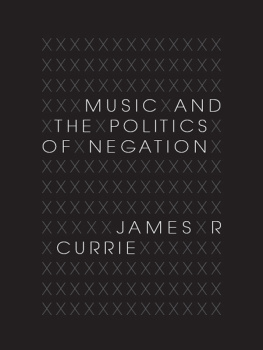


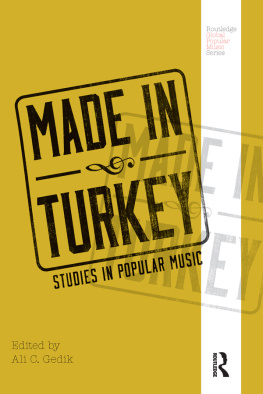
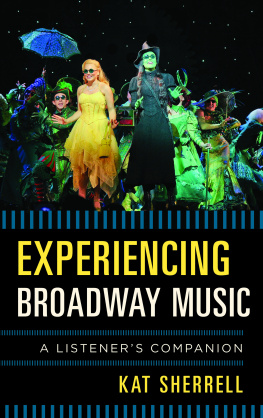
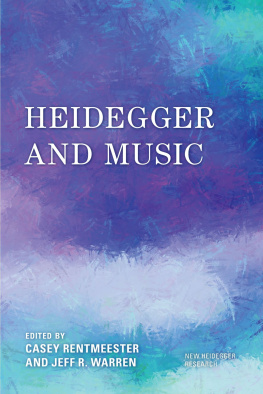
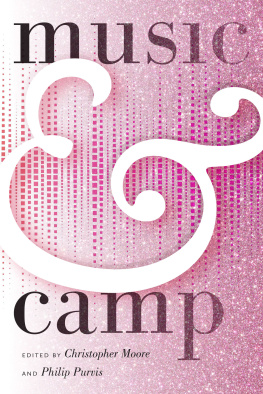
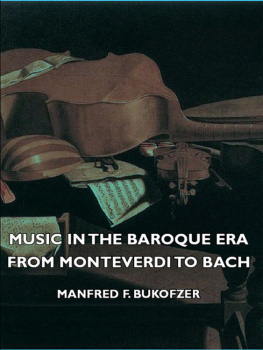
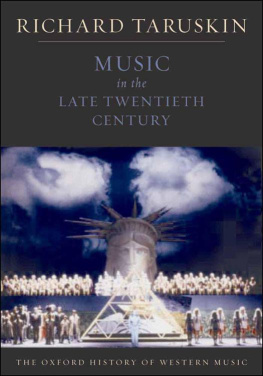
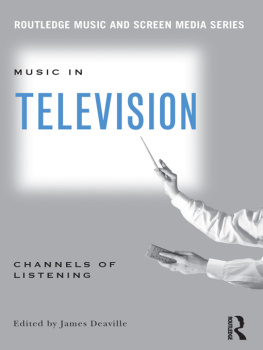
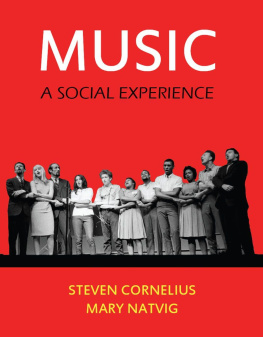
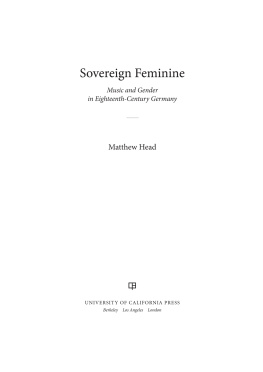

 The paper used in this publication meets the minimum requirements of the American National Standard for Information Sciences-Permanence of Paper for Printed Library Materials, ANSI Z39.481992.
The paper used in this publication meets the minimum requirements of the American National Standard for Information Sciences-Permanence of Paper for Printed Library Materials, ANSI Z39.481992.